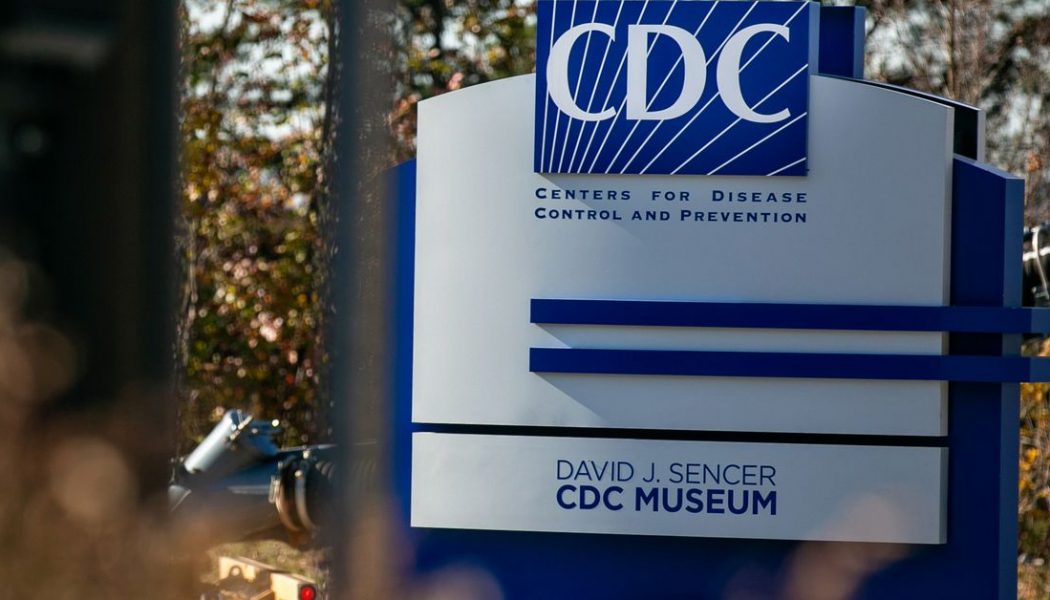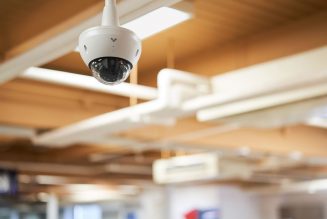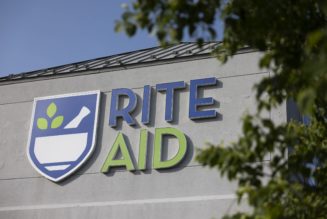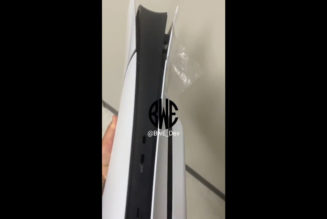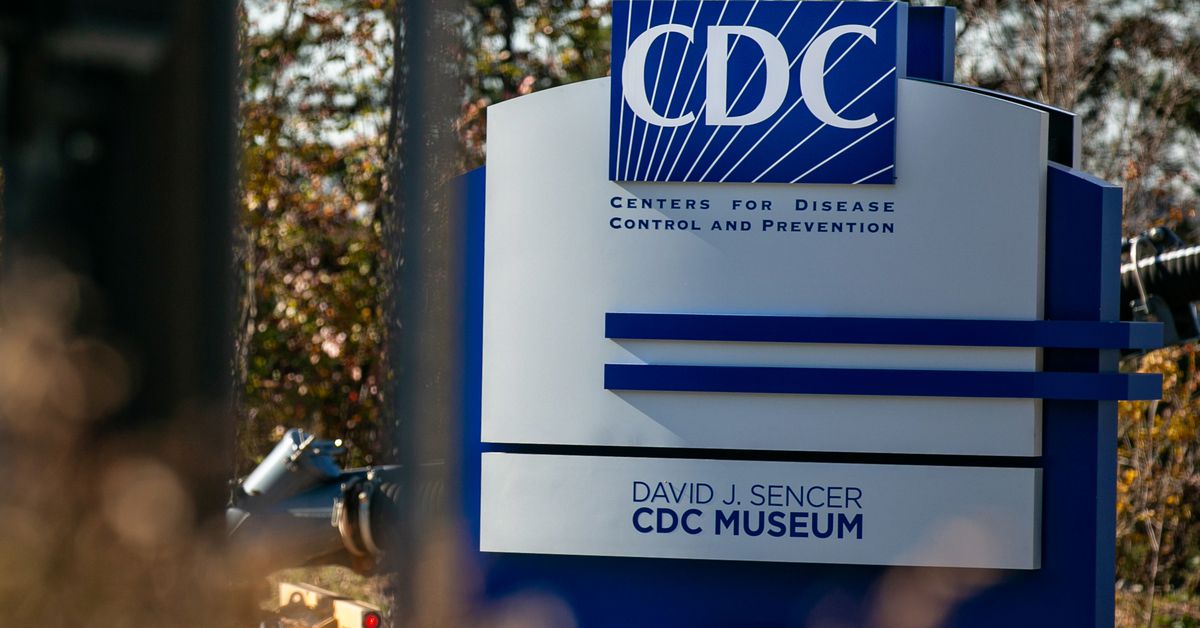
With the launch of the COVID-19 vaccination campaign, officials expect to see a surge in the number of potential bad vaccine reactions. Their job will be to find out how real those reactions are — finding a signal in the noise.
If previous vaccine reports are a guide, the vast majority of the reports won’t end up being real safety issues. But federal officials encourage physicians, especially those who don’t usually give vaccines, to tell the programs about any hint of an issue — because they want to make sure they know about and thoroughly investigate everything.
To some degree, the problem has to do with large numbers and the relative novelty of the vaccine. The COVID-19 vaccines are also under intense scrutiny, and both recipients and their doctors are on alert for the slightest of side effects. Tens of millions of people are set to be vaccinated over the next few months. In a normal year, the main vaccine safety system in the US gets around 50,000 reports of potential bad reactions. This year, there may be 10 or 20 times more reports, says Grace Lee, a member of the US Advisory Committee on Immunization Practices.
“There’s just going to be more cases, period, for the COVID-19 vaccine,” says Lee, who is also a professor of pediatrics at Stanford University School of Medicine.
The backbone of the vaccine safety program is the Vaccine Adverse Event Reporting System (VAERS), a 20-year-old federal tool that tracks side effects for immunizations given in the US. Anyone can report a bad reaction to a vaccine to VAERS, which is jointly run by the Centers for Disease Control and Prevention (CDC) and the Food and Drug Administration (FDA).
Pediatricians tend to be more familiar with the vaccine reporting systems than doctors in other specialties, because they administer childhood vaccinations — and kids get a lot of vaccines. Other types of doctors are less likely to report to VAERS, a study from the CDC found. But pediatricians won’t be giving the majority of COVID-19 vaccines.
The CDC has been working with professional organizations of physicians working with older adults and in long-term care facilities to raise awareness of programs such as VAERS, says Tom Shimabukuro, a member of the Vaccine Safety Team on the COVID-19 Vaccine Task Force. It’s specifically targeting groups of physicians outside of the agency’s normal VAERS partnerships, he told The Verge. To reach nursing homes and long-term care facilities, the CDC is leaning on the National Healthcare Safety Network, which normally tracks health care-related infections in around 17,000 long-term care facilities.
Anecdotally, Lee says she’s heard more and more health care providers in her own hospital system asking about VAERS. She takes that as a sign that the outreach programs are working. “They’re asking all the right questions, so they know of its existence, and they know we’re required to report into it,” she says.
Lee isn’t worried that people won’t report to VAERS — she’s more concerned that too many people will, and that the system will struggle with the sheer number of reports. The authorized COVID-19 vaccines cause side effects like fever and headache, and even mild symptoms could seem concerning to people scrutinizing vaccine recipients.
Nine out of ten safety signals end up not being real problems with a vaccine, Lee says. But experts want the safety monitoring programs to be sensitive. “We don’t want to miss anything,” she says. “If we had a system that only picked up signals when they were real, it wouldn’t be looking hard enough.”
Under early tests, the programs seem to be working as they should. In the first week of the US COVID-19 vaccination campaign, health officials flagged six allergic reactions in people receiving the shot. Other reactions were also reported to federal officials, CDC epidemiologist Thomas Clark said during an Advisory Committee on Immunization Practices meeting last weekend. After an investigation, officials determined they weren’t true cases of severe allergic reaction — a sign the system is catching reports and figuring out which are relevant.
It’s important to be open about any safety concerns reported, but it’s also important not to raise problems too early that might not end up being real, Lee says. “It’s a really hard balance of when the right time is to let people know there’s been a signal,” she says.
During the COVID-19 vaccine rollout, VAERS will work in tandem with other safety monitoring systems. Those include v-safe, a new text-message based platform that asks COVID-19 vaccine recipients to report how they feel after they get the shot, and the Clinical Immunization Safety Assessment Project, a national network of experts that consults with doctors on vaccine safety issues. “It’s really all hands on deck,” Lee says.
The integrated network of safety monitoring programs is one way to make sure experts are actually seeing a safety signal. Any problems flagged through VAERS will be checked against the other tools, such as v-safe, Lee says. “We can look in another system and say ‘Hey, are you seeing that?’”
